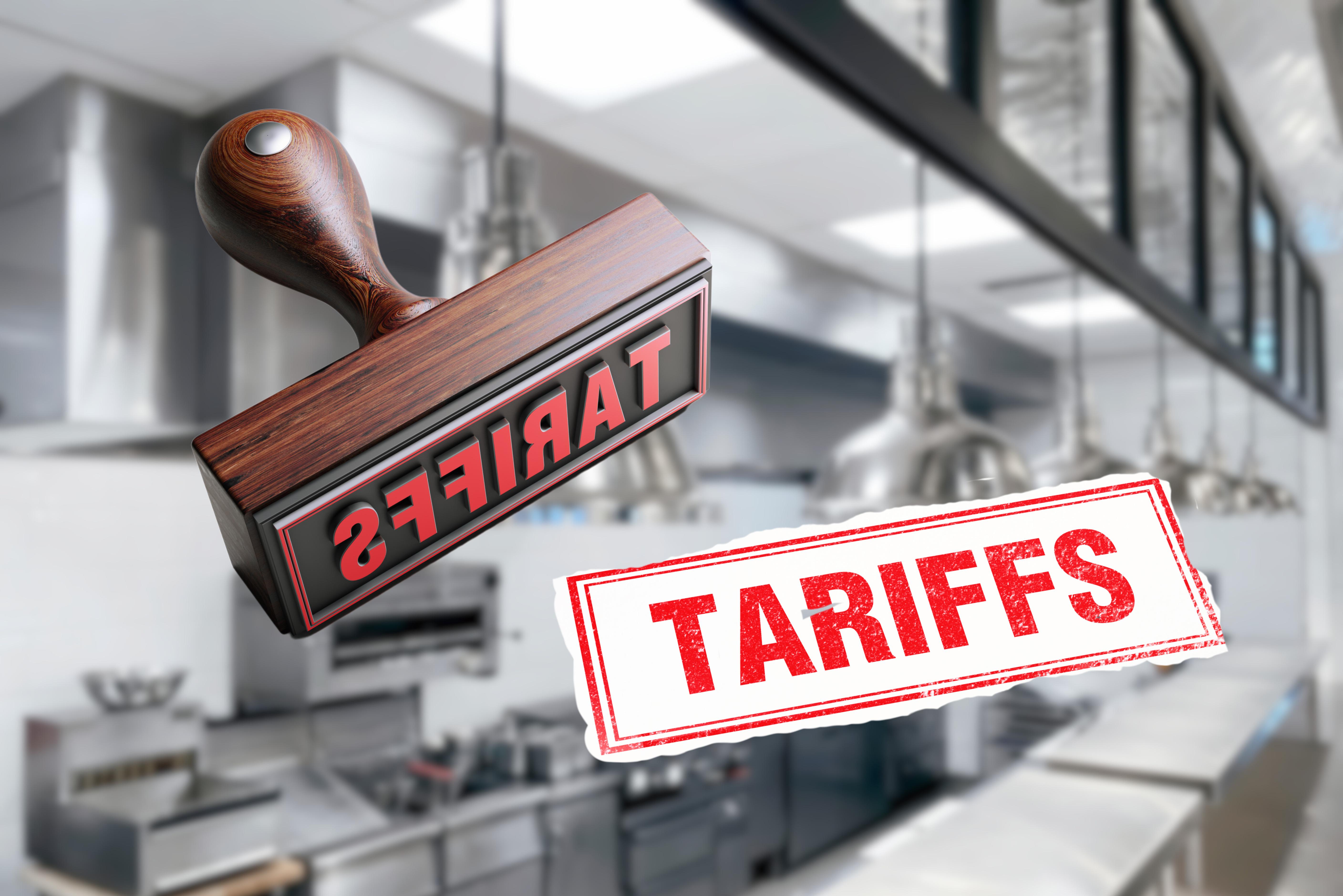
In 2025, Canadian restaurants, golf clubs, and corporate facilities with commercial kitchens are feeling the ripple effects of global trade tensions more than ever. Ongoing tariff increases between the United States, Europe, and parts of Asia, particularly in the steel and technology sectors have added complexity and cost to outfitting and upgrading commercial kitchen spaces.
For anyone in the hospitality or food service industry, understanding how these trade issues impact your kitchen equipment, budget, and operations is key to avoiding delays and protecting your bottom line.
What's Happening With Tariffs and Trade in 2025?
In response to escalating trade disputes, Canada has imposed and been subject to new tariffs on imported goods, particularly from the USA. For the commercial kitchen industry, this means:
-
Rising Costs: Stainless steel, electronic components, and refrigeration systems have all seen price hikes due to material tariffs and increased shipping costs. Most commercial kitchen items coming from the USA will be an additional 25% due to tariffs.
-
Longer Lead Times: Supply chains remain unpredictable. Some equipment now takes 8-12 weeks longer to arrive due to customs delays or component shortages.
-
Brand Limitations: Certain U.S. and international brands are pulling back on Canadian distribution, limiting selection and increasing local competition for in-stock models.
How This Impacts Canadian Commercial Kitchens
Whether you're outfitting a new restaurant, upgrading a golf club's kitchen, or managing a food service area in a corporate office, these trade issues can create serious setbacks:
-
Budget Overruns due to unexpected price increases or needing to purchase higher-priced alternatives.
-
Project Delays that push back opening dates or disrupt renovation timelines.
-
Downtime in operations if essential replacements or upgrades are delayed.
The broader economic impact is also starting to show. According to Restaurants Canada:
“If the trade war lasts a year or longer, 71% of restaurant chains say they would eliminate non-essential spending, 63% would increase menu prices, and 50% would delay renovations or capital investments, actions which will have a significant negative spinoff effect on the economy.”
This underscores the importance of proactive planning and strategic adjustments in the face of ongoing uncertainty.
5 Tips to Stay Ahead of Equipment Disruptions
At SFI Hospitality, we've helped hundreds of clients navigate these challenges in real time. Here are five proactive steps you can take to mitigate risks in your kitchen projects:
1. Plan Ahead, Way Ahead
Give yourself a buffer of at least 3–4 extra months for equipment orders. Don’t assume standard shipping times still apply.
2. Lock in Pricing Early
Work with suppliers who can guarantee prices for a set period. Tariffs can cause sudden jumps, a quote that’s good today might not be valid next week.
3. Choose Canadian or North American Brands
Canadian-made options and some European brands have better supply chains, are less tariff-exposed, and often come with more reliable local support.
4. Work With a Full-Service Equipment Partner
A partner like us not only sells equipment but also helps with layout design, sourcing alternates, managing logistics, and handling warranties, reducing the stress on your end.
5. Maintain and Repair, Don’t Just Replace
In some cases, repairing an appliance may be more cost-effective than replacing it in today’s market. Consider also purchasing extended warranty on new items.
Our Advice for 2025 and Beyond
The current trade environment likely isn’t going to stabilize overnight. As a business owner, your best strategy is to stay informed, flexible, and aligned with partners who know the landscape.
Whether you're planning a new build, a renovation, or just need advice on staying agile amid global uncertainty, we're here to help!
Serving Canadian kitchens with expert insight, responsive service, and practical solutions.
Contact Us Today | 416-744-0606 | sales@sfih.ca
